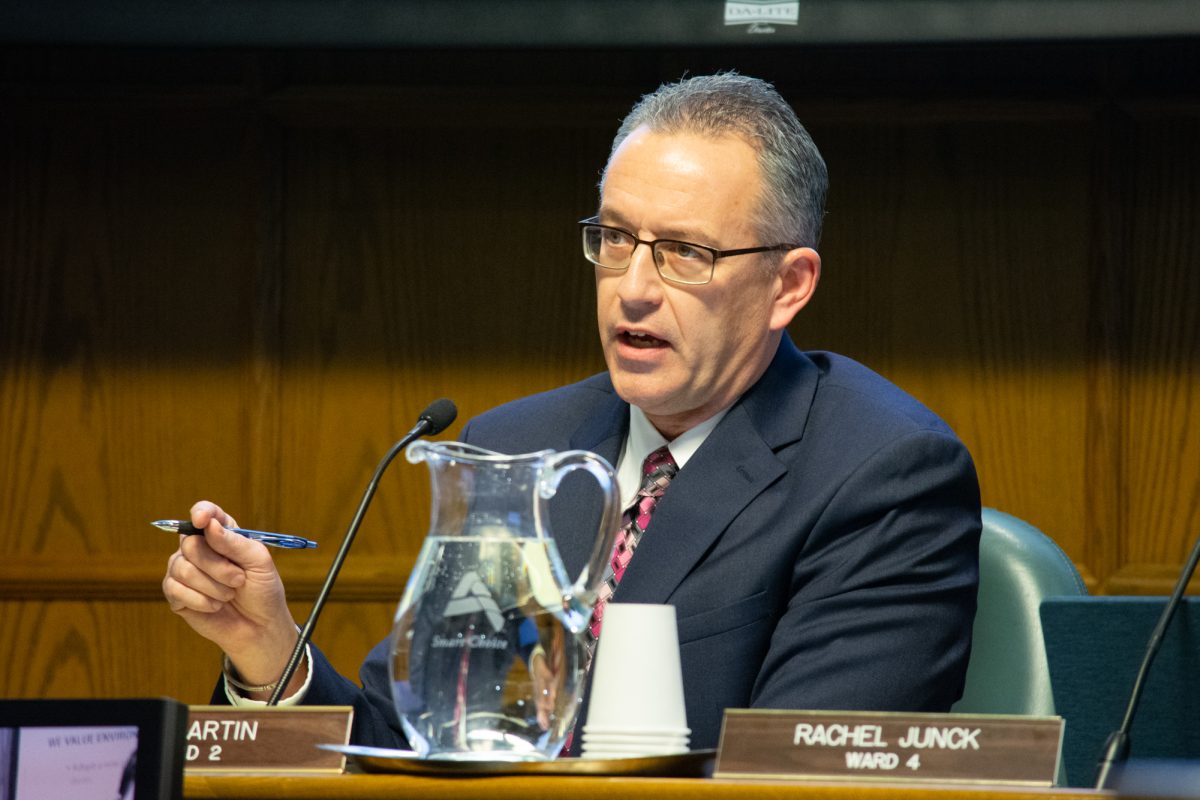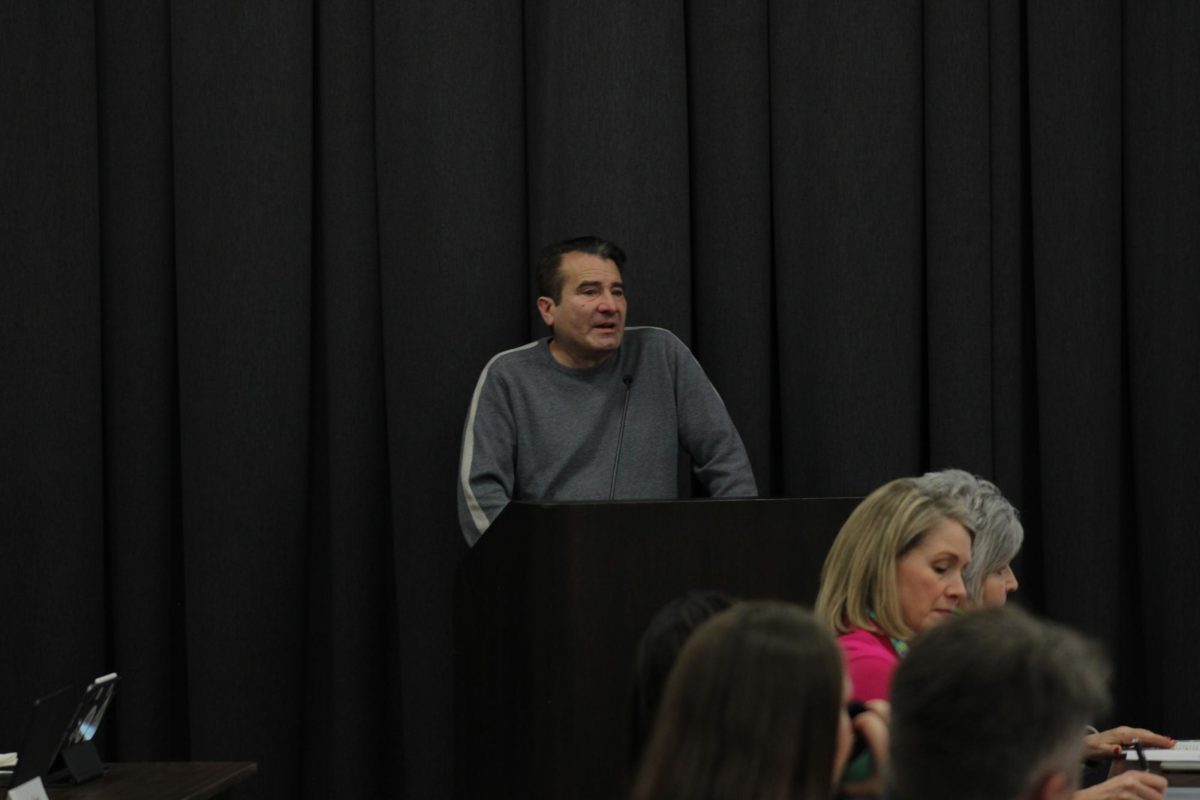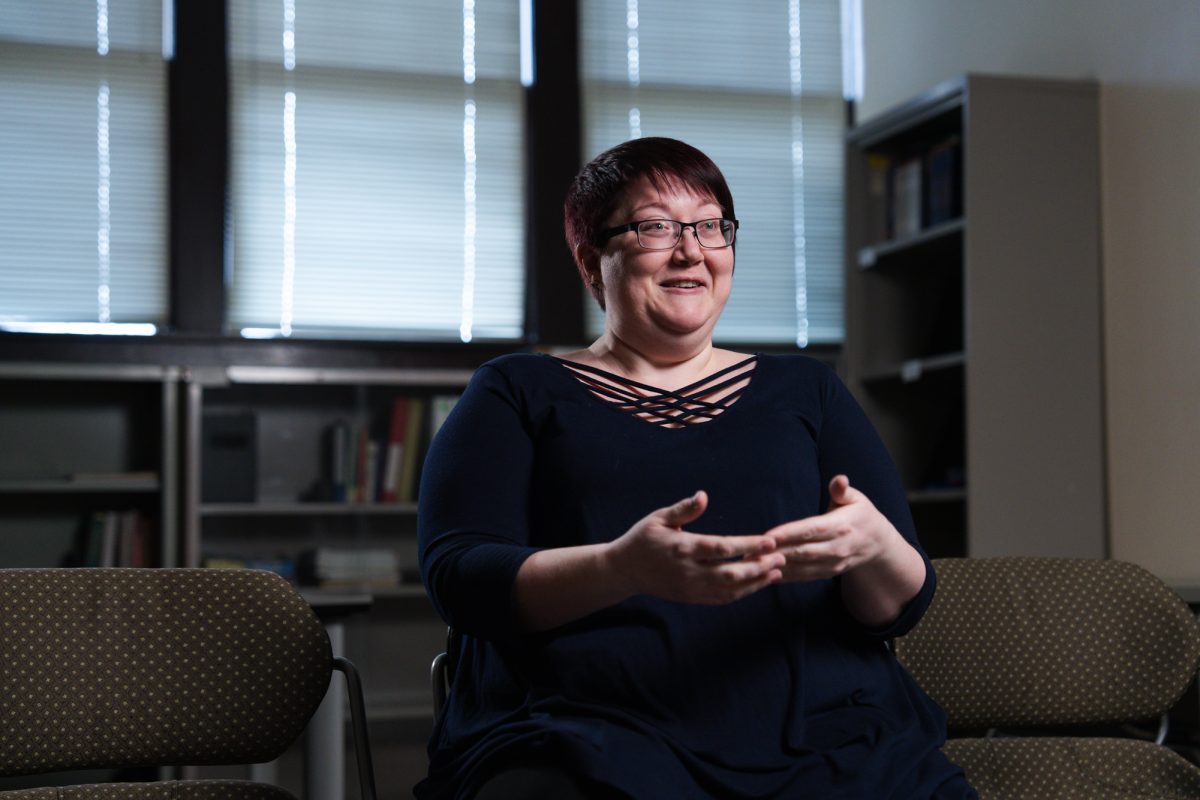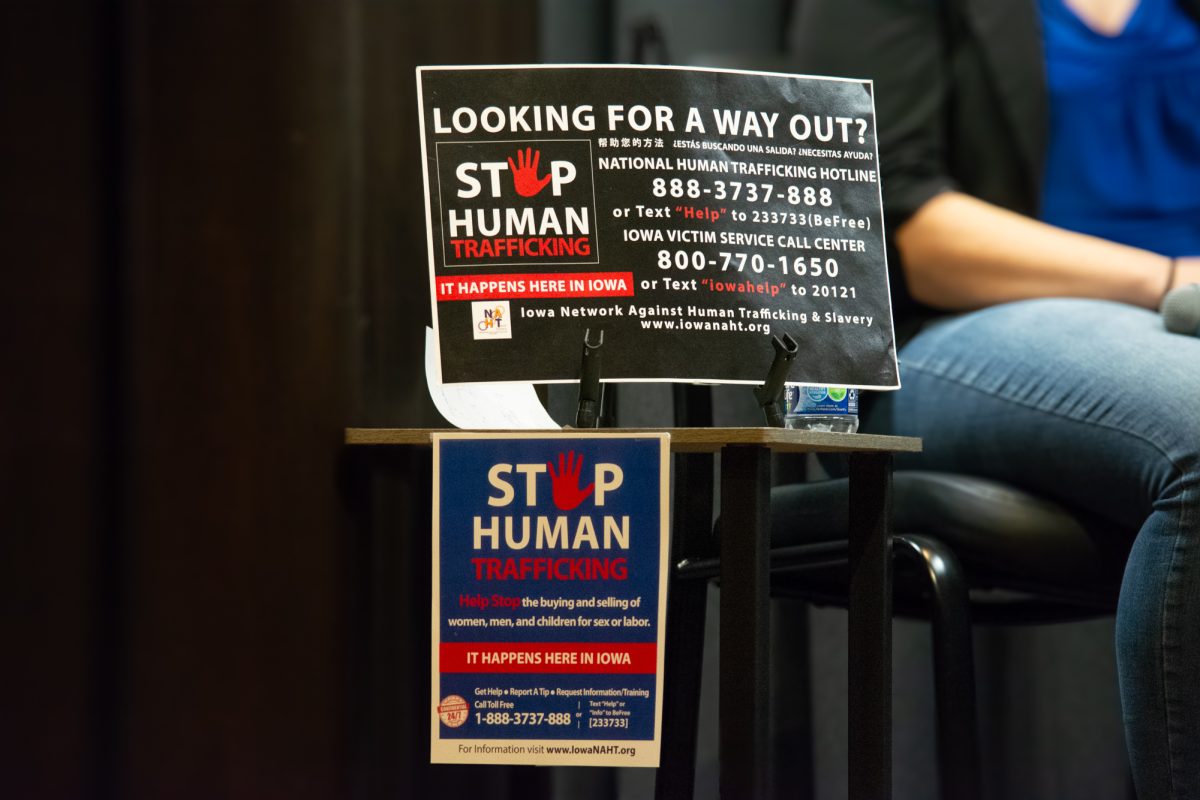Medical Mary Jane: good for what ails you
March 25, 1999
The booming voice in the fight against drugs is led by the head of the Office of National Drug Control Policy, Barry R. McCaffrey.
Two years ago, McCaffrey said there was no evidence that smoked marijuana “is useful or needed.”
FACT: last week the Institute of Medicine (IOM) issued a study proving that marijuana eases pain and subsides nausea in cancer victims and AIDS patients.
Last fall a house resolution was issued to urge states not to pass marijuana referenda by Rep. Bill McCollum.
Their declared reason for passing says “nobody, but nobody, who uses heroin or cocaine didn’t start out using marijuana.”
His main platform is that advocating smoking marijuana — even for very sick patients — is a “very, very bad thing.”
FACT: The IOM, or the supreme court of the medical world, found that marijuana is not addictive and reports there is no clear evidence that smoking it leads to use of heroin, cocaine or other narcotics.
You can walk into any convenience store or use most vending machines to buy a pack of cigarettes that contain nicotine.
FACT: The new research states that users are far less likely to become dependent on marijuana then they are on cocaine, opiates or nicotine.
Yet lying upon your death bed you cannot get a doctor’s prescription to lessen your excruciating pain. It’s almost ironic. FACT: It is wrong.
The study that was issued by the U.S. government now undercuts the administration’s position on marijuana. This just reveals that most of the lines and warnings the government has been spoonfeeding us for generations are false.
This study does not support nationwide acceptance of marijuana as a recreational drug. It does, however, give Congress the chance to remedy the injustice it has thrust upon its victims of disease.
“Until a non-smoked, rapid-onset cannabinoid drug delivery system becomes available, we acknowledge that there is no clear alternative for people suffering from chronic conditions that might be relieved by smoking marijuana, such as pain or AIDS wasting,” the report said.
The issue in question is addressed by Rep. Barney Frank, a Massachusetts democrat.
Frank’s bill pushes reclassification of marijuana from a Schedule I (the most strictly regulated) to a Schedule II controlled substance. Schedule I drugs, including heroin, LSD and mescaline have no approved medical use and are available for research only. Schedule II drugs can be obtained by prescription and cannot have refills.
If approved as Schedule II, marijuana would join the ranks of morphine, cocaine and methadone.
The opponents of the proposed issue find allegiance with the report’s clause that said, though marijuana may find a niche in American medicine, the current delivery system of choice, smoking, is potentially harmful.
But through congressional endorsement, pharmaceutical companies would be free to develop safer alternatives to smoking, such as inhalers, patches and suppositories.
The threat of marijuana distribution being abused by quack doctors and pharmacists is not reason enough to deny a patient in need. Marijuana is available, whether it is legal for medicinal purposes or not.
In that respect, using the essence of the marijuana plant would not differ in degree from using morphine, a psychoactive painkiller derived from poppies.
The weed debate in this instance is not a step to a marijuana outbreak and national legalization of marijuana.
This is a simple step towards compassion and humanity extended to U.S. citizens.
Patients who can receive solace from marijuana don’t need any more pain then they already have.
Ellyn Peterson is a senior in journalism and international studies from Algona.






